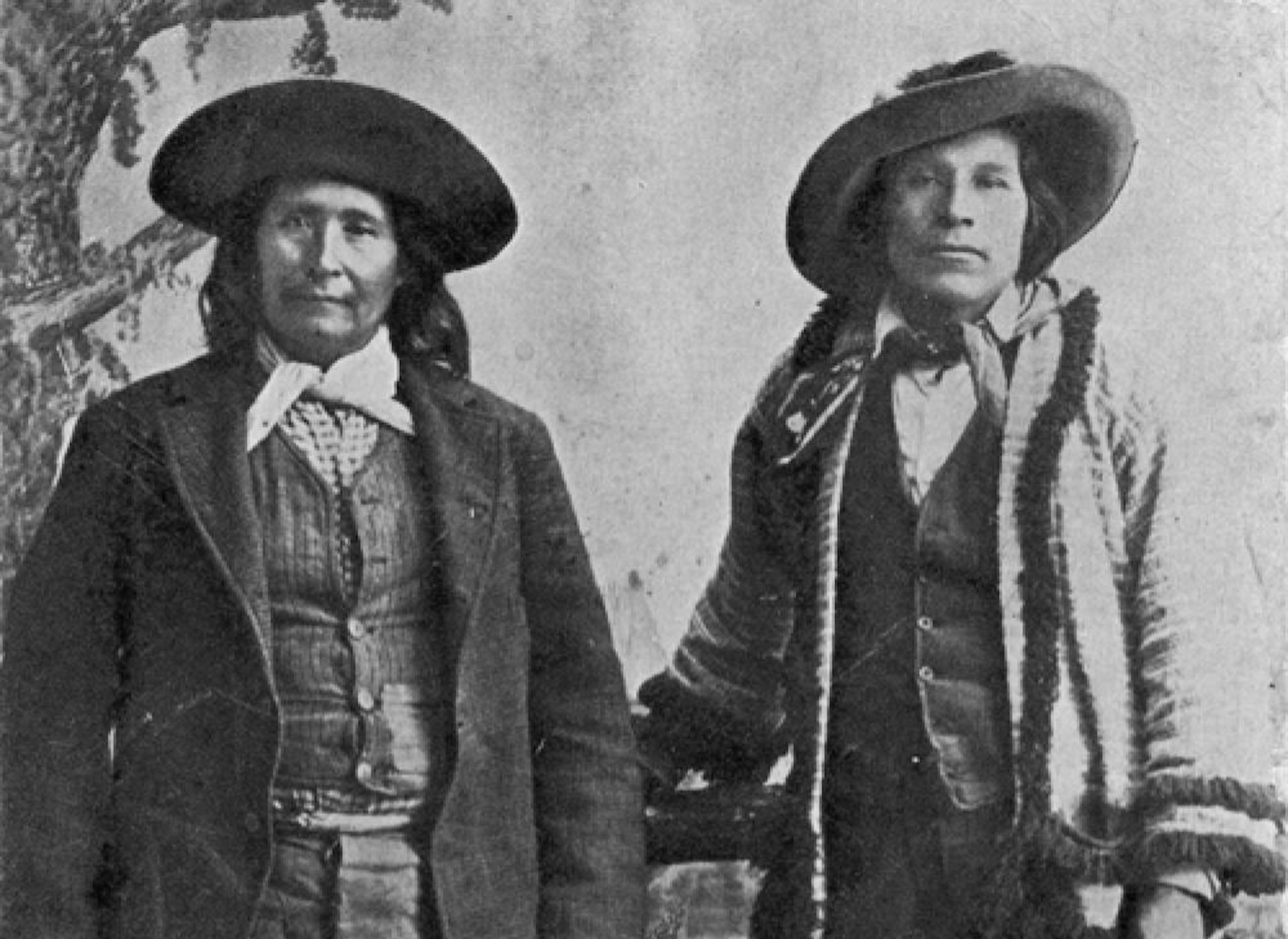
Book Review: Choctaw Confederates
On the bizarre relationship between Natives and the Confederacy
It is often said that history is a lie agreed upon. Frequently, it is a series of half-truths that benefit the ruling parties of history. In recent years, this narrative has been predominantly understood through the lenses of intersectionality. Axiomatically, the Confederacy was evil, slavery was evil, and the Antebellum South was a haven of cruel white supremacist hegemons.
These truths are taken for granted and often misapplied in modern politics as fault lines form between productive southern states and a resentful federal government, which enjoys casually threatening air strikes against Second Amendment supporters and melting down historic statues.
The moral rigidity of modern narratives surrounding the history of the South makes the recent publishing of a book like Choctaw Confederates: The American Civil War in Indian Country fascinating. Its title is conceding something unintentionally transgressive. Absent white supremacy, multiple Native American groups perpetuated the evils of slavery entirely on their terms. To quote the chief of the Choctaw Nation in 1864, their tribes’ destiny was “indissolubly involved in that of the South. By the side of our Confederate friends, we must stand or we must fall.”
Coming from Rice University historian Fay A. Yarbrough, this shouldn’t be considered purposely transgressive. Her stated goal is to “shift our perspective beyond the traditional binary of Union and Confederacy,” by interrogating the complexity of Choctaw relations with both governments. She spends much of the book discussing gender fluidity and masculine societal expectations among native societies while taking parting shots at the “lost cause” myth.
However, this history unintentionally shines a light on the complexities of modern meta-narratives surrounding Southern racism. It finds the gray in a modern political conflict that is extremely binary, by displaying the bizarreness and hypocrisy of people of color oppressing enslaved blacks for reasons similar to their southern neighbors. Slavery was evil, but it wasn’t something unique to white Southerners.
As a university textbook meant for other professors and students, it’s largely meant to elucidate forgotten native history in the academy. As with most textbooks, it’s an expensive and wordy tome. Its insights are buried in complex and repetitive data. But that elite exclusivism grants the book room to be nuanced, whereas a popular history book would be more eager to fall back on popular narratives and moral condemnation.
Specifically focusing on the history of the Choctaw, she tracks their history from their homeland in Mississippi to their 1830s displacement to Oklahoma, where integration with American society forced major changes in their ancient traditions.
It would be all too easy to lament their victimhood, but this history shows how much agency they were able to enforce within the bubble of their society. Yarbrough portrays the Choctaw as shrewd politicians facing a stacked game. They responded to their circumstances as rational actors by freely choosing to side with a rebel government because slavery and self-determination were within their interests. Additionally, they saw the rebel government as more honorable and trustworthy than the federal government they had been living under.
Yarbrough does attempt to make the case that the natives were more charitable and kind to their slaves than their white neighbors, but this argument doesn’t track. Even if their food and clothing were slightly better, they were held in lower legal status, denied education, brutalized with torturous punishments, denied the right to intermarry, and forced off the reservation once freed. A handful of slaves were even murdered by their native owners. They clearly held similar racial attitudes as their white neighbors.
There was no singular motivation for the Choctaw to ally with the Confederacy. Slavery was deeply ingrained into their society, both economically and socially. The young men of the society sought the opportunity to go off to war and prove themselves as warriors. Tribal leaders saw the Confederacy as more willing to stand by treaties than the federal government, which would protect their sovereignty rights. The tribe also simply had more cultural connections to southern culture, having a significant amount of intermarrying and shared experience.
What set the Choctaw apart was their bizarre enthusiasm and identification with the Southern cause. Many tribal leaders became deeply devoted to the Southern cause. Roughly 3,100 individual Choctaw men would enlist, out of a population of roughly 18,000, with nearly 950 enlisting before the nation’s formal treaty with the Confederacy in July 1861.
No conflict of the war reflects the strangeness of these tensions more than the Battle of Honey Springs, in which Choctaw Confederates lost to the First Kansas Colored Regiment, having directly fought black Union soldiers in conflict. Even after the war, emancipation became a drawn-out issue, with one federal court judge asserting an opinion that federal anti-slavery provisions didn’t apply to native lands. When the slaves were freed in 1866, Choctaw leaders pushed to have them expelled.
Choctaw Confederates is merely a curiosity and a well-researched and honest one at that. It's exhausting enough to be frustrating to general readers, but the portrait it paints speaks to the stranger parts of history. However, such is the complex marginalia of history. It doesn’t fit into easy narratives. The line between oppressor and oppressed is fluid, but nuance is not convenient to power. Saul Alinsky once wrote that history must be viewed with absolute clarity to get political things done, but books force us to see through a glass darkly.
